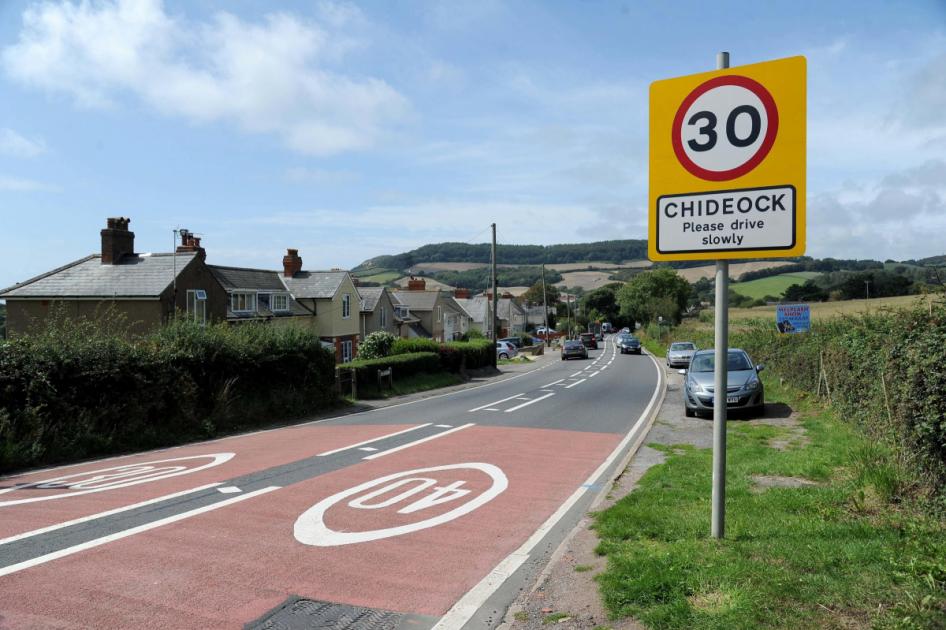Local governments and charities in England have said that local authorities have not been given the funding or powers to fulfil the government’s strategy on air pollution and that air quality in English towns and cities is likely to suffer as a result.
Just before the UK bank holiday weekend, the Department for Environment, Food and Rural Affairs (Defra) published its latest plan late on 28 April which followed a consultation earlier that month that was only days long, which local authorities said was not enough time for them to contribute properly.
Among other things, the strategy requires local authorities in England to improve air quality, through measures such as traffic restrictions and clamping down on wood-burning stoves.
No new funding is on offer and measures such as traffic calming are often controversial and difficult for local governments to implement, while experts have said regulations on wood burning are inadequate to reduce pollution from this rapidly growing source.
Read also: FTC to address industry complaints about greenwashing
The Healthy Air Coalition-which is made up of dozens of health and pollution charities and local governments- was said to have called for a change of direction from ministers, saying progress on air pollution had “plateaued” since the Covid pandemic.
In her reaction, Anna Garrod, policy director at Impact on Urban Health, said: “Air pollution is, right now, devastating people’s health across the country. It’s a public health crisis that costs the economy billions of pounds every year. Not only that but time and time again, research shows air pollution is a social justice issue which disproportionately affects people who often contribute the least, like children.”
Local governments say that they are especially frustrated that the consultation on the strategy, which opened on 11 April, closed on 21 April. Liz Clements, a councillor and cabinet member for transport in Birmingham, said that the government provided just nine working days to respond to a strategy that seeks to address the biggest environmental risk to public health.
Among other things, the strategy makes clear the essential role that local government has in delivering cleaner air to communities. Yet in the time provided to develop an informed response to such a key document, there has been no recognition of the need for local government to assess potential impacts on a significant number of service areas.”
Story was adapted from the Guardian.
